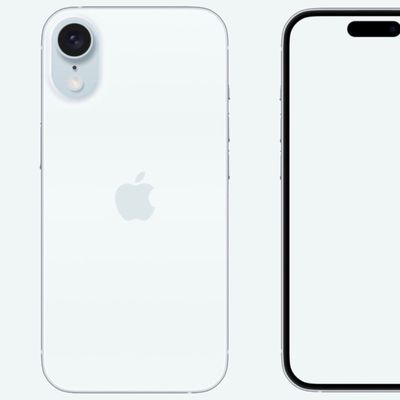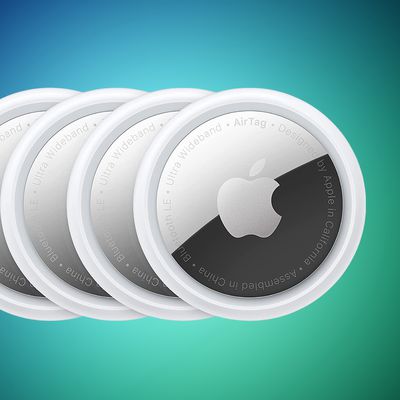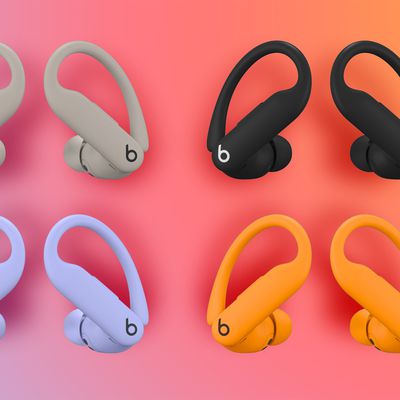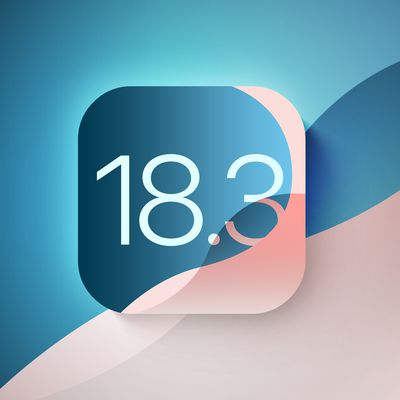Verizon iPhone Surge Yields First Slip in Android U.S. Sales Share in Two Years
Market research firm NPD today
announced the results of its "Mobile Phone Track" survey for the first quarter of 2011, covering U.S. mobile phone sales. According to the study, Apple rode the strength of the CDMA iPhone launch on Verizon to eat into Android's share of the smartphone market for the first time since the second quarter of 2009. Android does, however, continue to hold a strong lead in market share.
The Android OS lost ground for the first time since Q2 2009, falling to 50 percent of smartphone unit sales in Q1 2011 compared to 53 percent in the prior quarter. Apple iOS share rose 9 percentage points to comprise 28 percent of smartphone unit sales. BlackBerry OS also lost ground, falling 5 points, to 14 percent.
The iPhone surge comes even as Apple has reportedly sliced CDMA iPhone 4 production to half of its initial 2011 projections.
Looking at all mobile phones, Apple ranked third among manufacturers with 14% of the market, behind Samsung at 23% and LG at 18%. And with continued strong growth from the iPhone and Android, smartphones for the first time represented the majority of U.S. mobile phone sales at 54%.
Apple's iPhone 4 ranked as the top-selling mobile phone in the U.S. during the quarter, and perhaps most surprisingly, the iPhone 3GS took second place in the rankings. Despite essentially being a nearly two-year-old device, the iPhone 3GS almost certainly received a strong boost during the first quarter after AT&T and Apple dropped the price to $49 on a two-year contract. The iPhone 3GS is not available on Verizon.
Popular Stories
iOS 19 is still around six months away from being announced, but a new leak has allegedly revealed a completely redesigned Camera app.
Based on footage it obtained, YouTube channel Front Page Tech shared a video showing what the new Camera app will apparently look like, with the key change being translucent menus for camera controls. Overall, the design of these menus looks similar to...
Apple on late Saturday removed TikTok from the App Store in the U.S., and it has now explained why it was required to take this action.
Last year, the U.S. passed a law that required Chinese company ByteDance to divest its ownership of TikTok due to potential national security risks, or else the platform would be banned. That law went into effect today, and companies like Apple and Google...
A leaker known as "Majin Bu" today shared an alleged image of a component for the rumored, ultra-thin "iPhone 17 Air" model.
The blurry, pixelated image shows a pair of rear iPhone shells with a pill-shaped, raised camera bar along the top. On the left side of the bar, there is a circular cutout that appears to be for a single rear camera. On the right side of the bar, there appears to be an ...
A new iPhone SE is widely rumored to launch this year, and the device has potentially been confirmed today by known leaker Evan Blass.
In a private social media post, Blass shared an image of what appears to be source code mentioning an iPhone SE (4th Gen), which casts doubt on the alternative "iPhone 16E" name rumored for the device. However, the name in the source code could be a...
After a four-year wait, a new AirTag is finally expected to launch in 2025. Below, we recap rumored upgrades for the accessory.
A few months ago, Bloomberg's Mark Gurman said Apple was aiming to release the AirTag 2 around the middle of 2025. While he did not offer a more specific timeframe, that means the AirTag 2 could be announced by the end of June.
The original AirTag was announced...
iOS 19 will not drop support for any iPhone models, according to French website iPhoneSoft.fr.
The report cited a source who said iOS 19 will be compatible with any iPhone that can run iOS 18, which would mean the following models:
iPhone 16
iPhone 16 Plus
iPhone 16 Pro
iPhone 16 Pro Max
iPhone 15
iPhone 15 Plus
iPhone 15 Pro
iPhone 15 Pro Max
iPhone 14
iPhon...
In September, Apple said that it would be launching Powerbeats Pro 2 in 2025, and it appears the wireless earbuds are coming very soon.
Powerbeats Pro 2 images found in iOS 18 code
In his Power On newsletter today, Bloomberg's Mark Gurman said the Powerbeats Pro 2 are "due imminently." In addition to Apple filing the Powerbeats Pro 2 in regulatory databases last month, Gurman said Apple is...
Apple provided the third beta of iOS 18.3 to developers today, and while the betas have so far been light on new features, the third beta makes some major changes to Notification Summaries and also tweaks a few other features.
Notification Summary Changes
Apple made multiple changes to Notification Summaries in response to complaints about inaccurate summaries of news headlines.
For...























